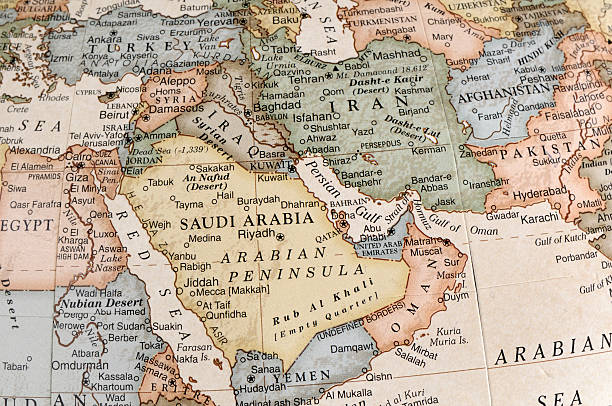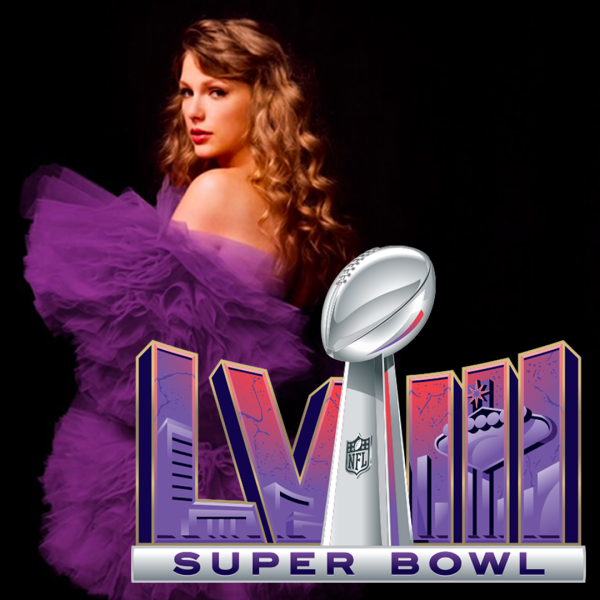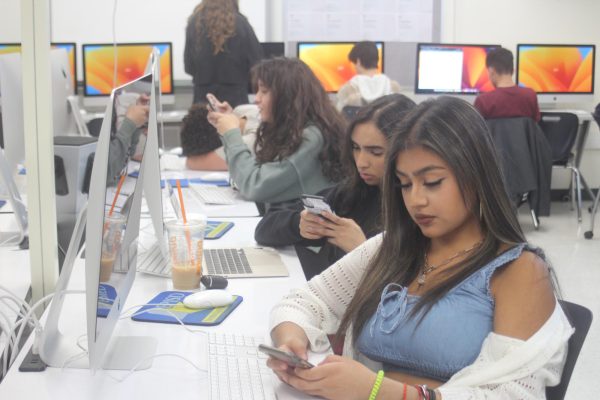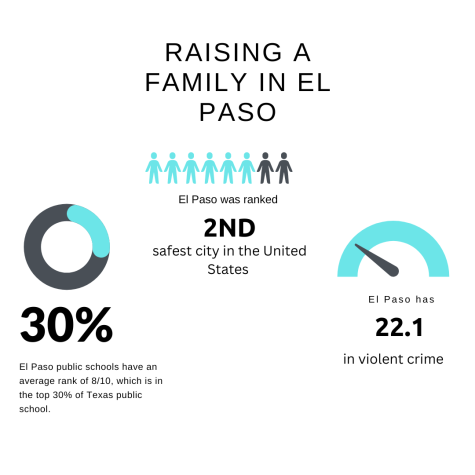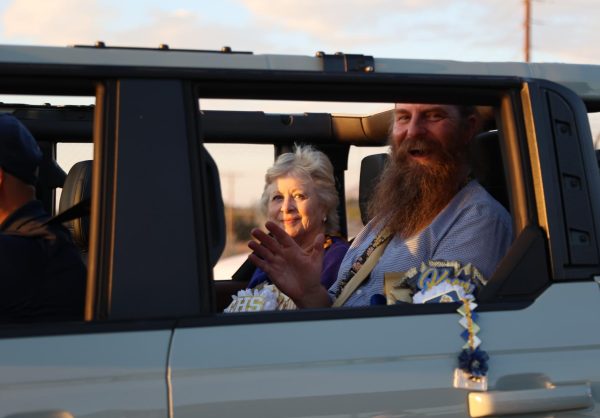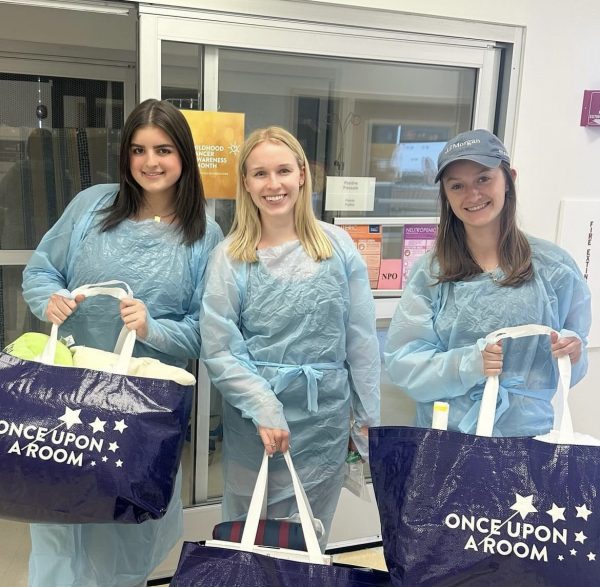Analyzing Arab experiences in America
The term “Arab” encompasses a wide variety of people, a fact which must be recognized by society at large.
The aftermath of 9/11 generated a wave of Islamophobia and racism against Arabs, South Asians, and anyone associated with or generalized as one of these groups. Even Sikhs, a South Asian religious group, were attacked due to the American association of their turbans with Islam. But this hatred of Islam, this disparagement of Arabs and minorities, has a deeper history than one might think. Europe and Islam and the Middle East have had a tumultuous relationship, stretching back to the Crusades – when the House of Wisdom in Baghdad was mercilessly ransacked – to the Reconquista of Spain, which resulted in the expulsion and murder of thousands of Muslims and the enslavement of many African Muslims who wound up in America.
Islam in the Americas has been a religion of resistance, one primarily used by Black Muslims such as Malcolm X and Muhammad Ali. Arabs in America have been posed as threat to American hegemony, suffering from heightened surveillance, harassment from Americans, and generalized in the media as a “suspicious” community. The association of terrorism and hatred with Islam and Arabs is a result of American imperialism, and stretching back further, a legacy of European colonialism itself. Thankfully, in El Paso, where the environment is more friendly, the effects of this damage and harmful propaganda are minimized, but they are there nonetheless.
The Explorer spoke to two Arab students from Coronado on their experiences growing up in a community like El Paso.
What one must first understand of Arabs and of Islam in general, is that it cannot be characterized as a monolith. According to Statista.com, there are 422 million Arabs within 22 Arab countries. According to the census, around 3.5 million live in America. As of the current population of Muslims in the world, it amounts to around 1.8 billion. Arab countries may speak the same language in theory, but in practice, from country to country, region to region, city to city, village to village, dialects, religion, and ancient cultures intercede and intersect to produce huge discrepancies from the standard definition of what it means to speak “Arabic.”
A Jordanian speaks Arabic, but this does not guarantee they have the same culture as, say, someone from Yemen. These two individuals speak the same language but in variations. Their nationality and culture also differentiate them. There are also variating ethnic and racial lines, such as Bedouins, considered the “original” Arabs, or black Arabs, who have been in the region for thousands of years. An Arab is not just an Arab, but a combination of their religion, regional culture, and nationality.
Trying to characterize this huge mass of people as one entity is wrong, simplistic, and shows a lack of nuance in understanding the world around us. American conceptions of the world regard around simple definitions of ethnicity and of religion, regarding Arabs as Muslims, Indians as Hindus, and so on. This lack of awareness of the world has produced many misconceptions of these ethnicities and religions, especially when American imperialism has produced Arab Muslims as a scapegoat for their wars.
“Although I have been fortunate enough not to experience the full violent hate of racism, I have been subjected to microaggressions,” junior Nour Halloul said. “Many of my teachers and peers assume that I’m Muslim just because I’m Arab, and I have endured classmates making jokes about me being a terrorist just because I’m Arab.”
Halloul is a Lebanese Christian who hails from the village of Aitou, a Christian village. The issue of this monolith definition of all Arabs as Muslim is that people like Halloul, who come from Christian backgrounds, are often subject to erasure of their history and their identity as Christians.
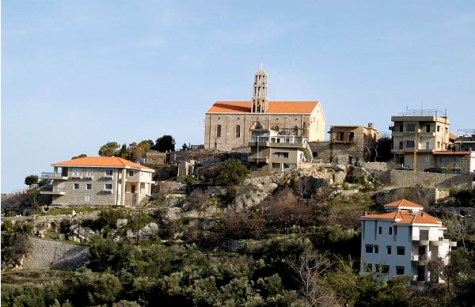
In August 2020, tragedy struck. The Beirut port blast tore apart Lebanon and left its inhabitants, and their relatives overseas in a frenzy. Halloul was among the many Lebanese diaspora frantic about the state of their country and the safety of their family. Halloul was consistently discussing and sharing information on the bombings and resources on how to help, although none of her non-Arab friends reached out to inquire if she was okay. Halloul mentioned that she had even received jokes on the bombing, that it was “expected” because it was a Middle Eastern country. This individualism during a time of a crisis exemplified a facet of American identity one cannot ignore: the lack of awareness for the rest of the world.
Go south a few hundred miles of Lebanon and one will find themselves within the borders of Palestine. Dalia Masoud is a Palestinian whose family fled their village of Burka to Amman, Jordan during the Nakba, the word dubbed for the 1948 expulsion of around 800,000 Palestinians from their lands by Zionist militias.
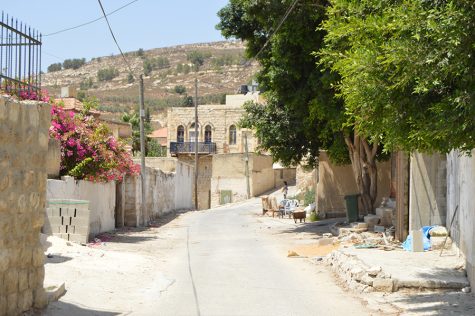
This expulsion of Palestinians wasn’t sudden. It had been planned since Zionists had decided to set up a colony in Palestine, cemented by the introduction of the Balfour Declaration, a public statement issued by the British government in 1917 during the First World War announcing support for the establishment of a “national home for the Jewish people” in Palestine.
To this day, Palestinian refugees suffer and long for the day they will return home, and Palestinians within the confines of the Israeli state battle a regime hellbent on erasing them.
As a Muslim and as an Arab, Masoud’s experience growing up in America hasn’t been entirely positive.
“I have experienced many forms of bullying based on my Middle Eastern features and the fact my mom wears the hijab,” junior Dalia Masoud said. “My nose, my eyebrows, my body hair, even my religious practices used to make me feel ashamed…later in my life I would learn to embrace my culture and stop trying to make myself something I’m not.”
Masoud went on to add that in El Paso at least, the bullying wasn’t as intense as it would have been for others. They were mainly microaggressions from an inherently racist society, Masoud explained.
The experience of being Palestinian is slightly alienating, Masoud admitted. Other Arabs don’t understand the experience of being thrown out of your homeland and the stories passed on of her great grandfather and grandfather kicked out by the Zionist militias, said Masoud.
Palestine remains a thorn in Masoud’s heart as she describes the most poignant example of her heritage as a Palestinian.
“Most people do not even acknowledge the existence of my homeland,” Masoud explained. “There are millions of ignorant people who simply do not recognize [that] my people are dying due to the Israelis. My relatives living in Jordan are banned by Israel from setting foot in their childhood homes on their ancestral lands.”
Coronado students need to understand that they must graduate from simplistic views of race and religion. It is inherently a colonial legacy promoted by the Europeans and the Americans who later joined their ranks. By pushing a marginalized group or religion as one single stereotype, as one single unit, that group’s history is erased, and their experiences diminished. The experience of a Palestinian versus a Lebanese person is erased when people categorize them as the “same” and refuse to understand the nuances that make Palestinians who they are and why they struggle, with the same going for the Lebanese. Additionally, understanding all Arabs as Muslims erases the experiences of many Arab Christians and those of non-Arab Muslims who exist in multitudes.
Granted, it is hard to take all this information at once. It is overwhelming, but little by little, we need to understand that race, religion, and ethnicity are complex issues that are interwoven with thousands of years of history. Coronado students must understand this applies not only to the complex facets of the Arab people but to numerous other ethnicities and religions worldwide. A lack of education about marginalized communities often lead to the destruction of said group, as history has shown us. It is up to the youth of today to learn from the mistakes of the past and understand the world around us better.



